Bottrop CE Hotspot: From mining village to the birthplace of ‘Transform to Zero’ Initiative
September 24, 2022
Holland Circular Hotspot (HCH) was thrilled to participate in the 2022 North Rhine-Westphalia (NRW) Circular Economy Hotspot (12th to 14th of September).
Located in Bottrop, where the coal mining industry used to be the lifeblood of the city, the event marked the birth of the “Transform to Zero” initiative.
It was the sixth Circular Economy Hotspot after a similar event in Netherlands, Luxembourg, Scotland, Belgium and Spain.
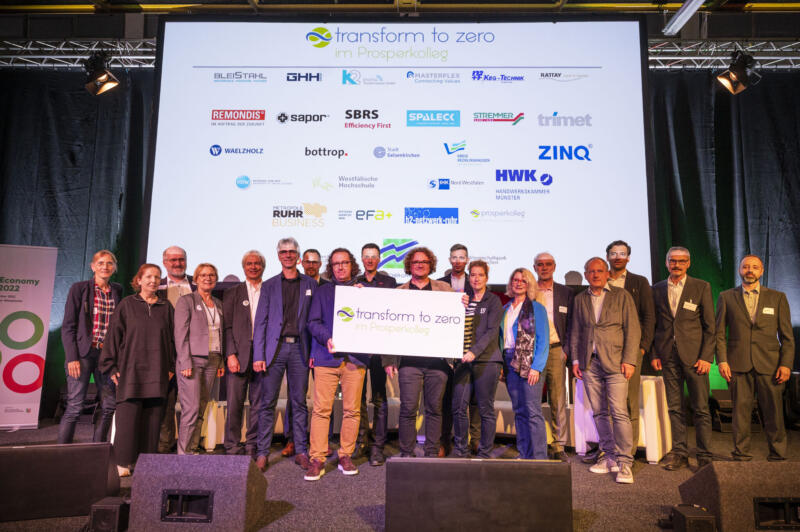
"We, as a City of Bottrop, have proven that innovation is possible. We managed to reduce 50% of our CO2 emissions within ten years".
Bernd Tischler, the mayor of the city of Bottrop.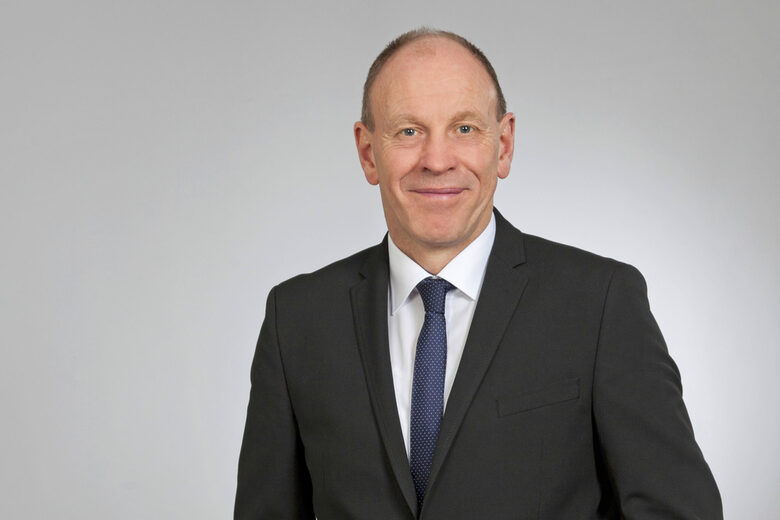
'Innovation is possible'
Around 300 people participated in the three-day event, which centred around the former coal mine that ended its operation in 2018, as the city decided to move towards sustainability.
It started with an official press conference given by Viktor Haase, State Secretary in the North Rhine-Westphalia Ministry for the Environment; Bernd Tischler, Mayor of Bottrop; Uwe Handmann, Professor at Prosperkolleg; Lars Baumgürtel, Managing Director of ZINQ, and Freek van Eijk, Director of HCH.
Tischler highlighted, “We, as a City of Bottrop, have proven that innovation is possible; we managed to reduce 50% of our CO2 emissions within ten years. But, change is only possible if people are coming together.”
Van Eijk saw the significance of Bottrop as a place for the event.
“NRW is in the industrial heart of Germany and is a region in transition. If Germany embraces the CE transition, it can work as a catalyst for the EU and the world”.

After the press conference, some participants joined the tour to the last German hard coal mine, the Prosper-Haniel site. Former miners guided the tour and shared stories about their daily lives as miners.
On the second day, the former miners again greeted participants with their choir during a reception night.
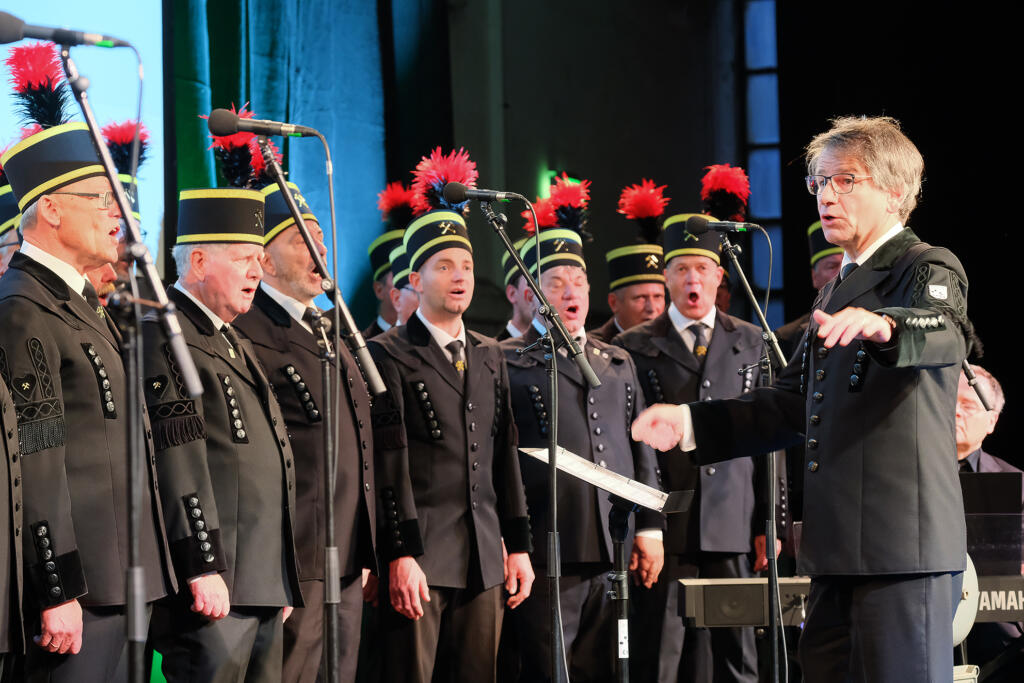
Industry tours and learning labs
On the second day of the event, participants were invited to visit frontrunners in the region and learn about innovative business cases and products.
They were free to choose one of 12 industry tours, which themes included ‘World Heritage’, ‘Transform to Zero’, and ‘Upcycling Waste Materials’. More than 20 companies opened their doors to the participants.
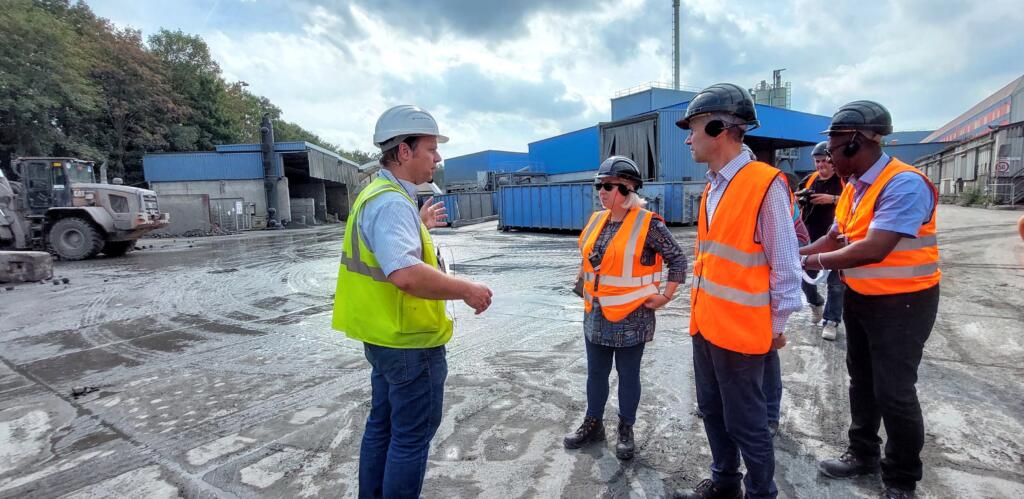
Participants could again choose what they wanted to learn on the last day of the event. There were 14 learning labs that could be chosen, of which some gave opportunities for participants to do activities related to the workshop themes.
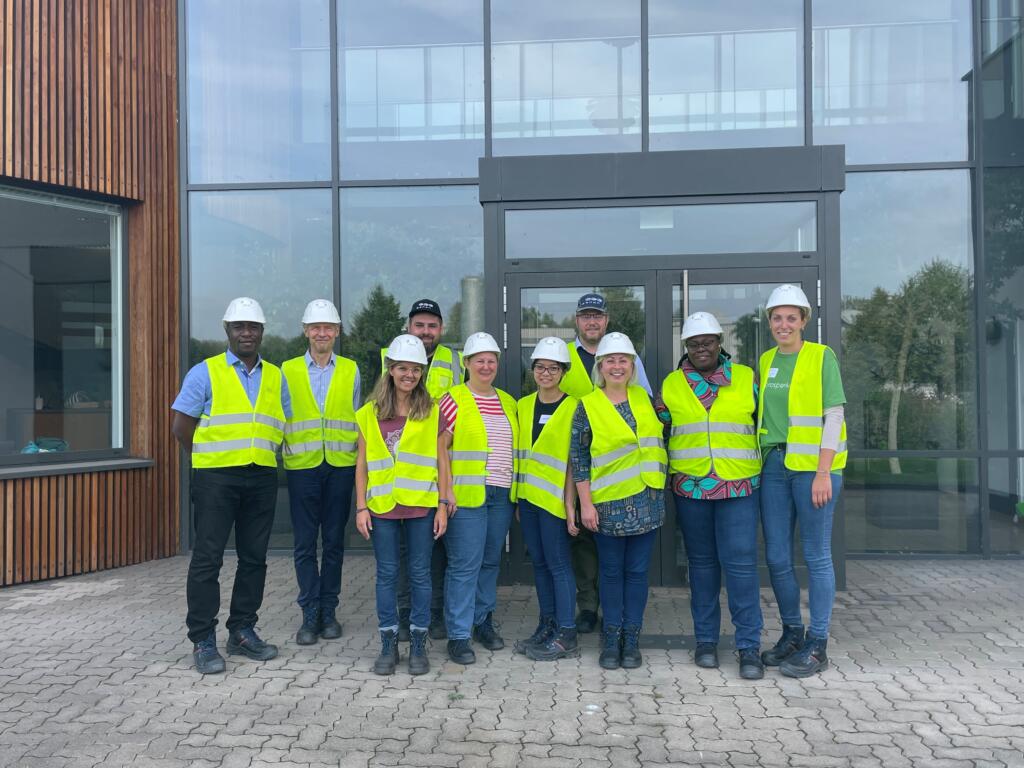
In Learning Lab 10, themed Circular Economy Card Deck for Business Model Workshops (CE-CA-WO), for instance, participants were introduced to the card deck and invited to a few rounds of play. The lab, led by Circular Economy Initiative, acatech & WWF Deutschland, aimed to enable medium-sized enterprises to put their existing business models to the test and to align them towards circularity.
Meanwhile, in Learning Lab 9, arranged by Prosperkolleg, themed ‘How can the recycling of small electric devices look like in the future?’, participants were challenged to dismantle some electronic devices. The Circular Digital Economy Lab (CDEL) then showed participants how AI and robotization could be used to simplify the recycling process and drive the transformation toward a circular economy.
The learning labs were carried out simultaneously with three-panel discussions on the hot topics of climate change, front-runners and drivers for change.
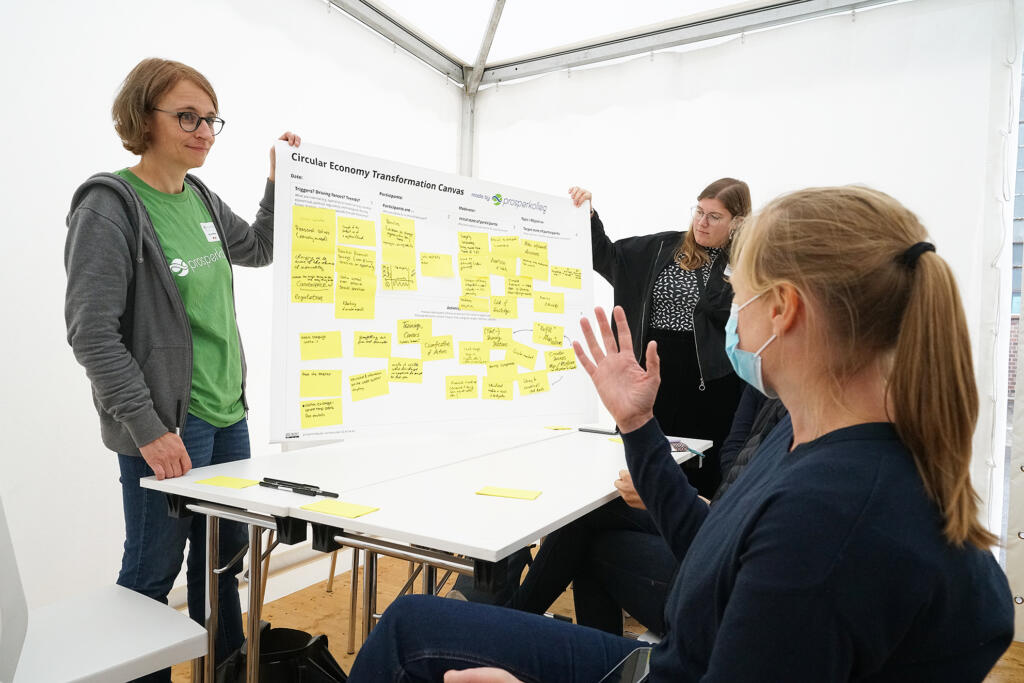
'Transform to zero' commitment
The event culminated in the introduction of the “Transform to Zero“.
The initiative reflected the commitment of companies, universities, and the surrounding municipalities to support each other in the circular transformation towards “Zero Waste”, “Zero Pollution” and “Zero Carbon” defined in the Europe Green Deal.
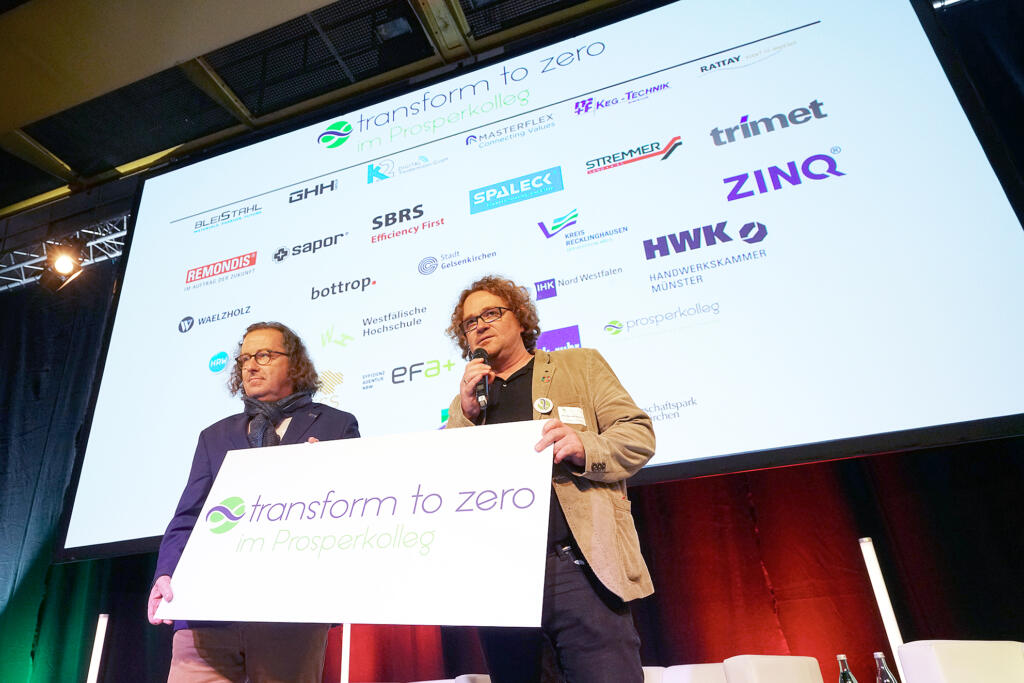
ZINQ GmbH & Co. KG managing partner Lars Baumgurtel and Uwe Handmann, project manager of the Prosperkolleg, announced the initiative, of which around 30 companies and institutions had joined.
“The sooner, the more proactively and efficiently we set out on the path to a circular economy, the better our companies are positioned for the future,” Baumgurt said.
HCH Managing Director Freek van Eijk praised the event but emphasized that the journey to a sustainable future was still long.
“Events like the Hotspot can only be a start,” says van Eijk.
With Bottrop successfully ending the event, the Circular Economy Hotspot will continue in 2023 with Dublin, Ireland; Lagos, Nigeria and Santiago de Chile as hosts.
In 2024, the events will spread over four continents, with Wales, South Africa, Brazil, and Canada hosting.
We wish the future hosts good luck!
